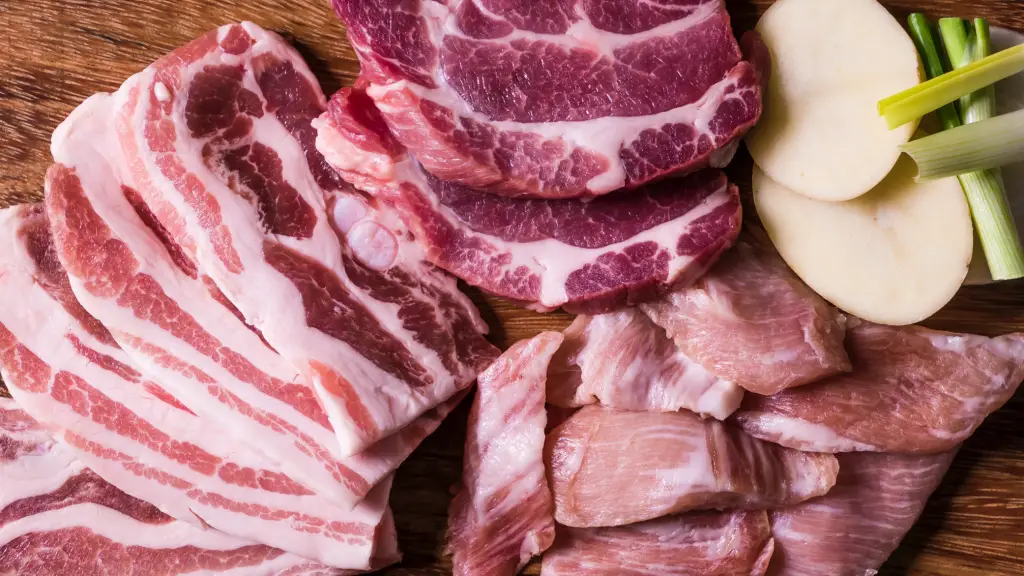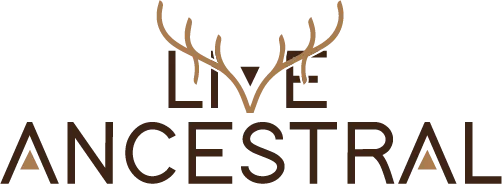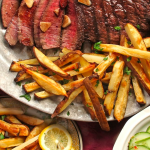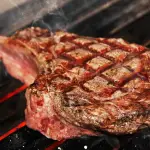Approximately 800,000 people in the US undergo gallbladder surgery every year and most live a healthy lifestyle free of complications. However, not having a gallbladder to store bile can cause digestive issues for people following a carnivore diet.
Thankfully, yes you can do a carnivore diet without a gallbladder, but you need to make some adjustments to the diet and your lifestyle.
In this article, we show you how, so you can enjoy all the benefits of the carnivore diet.
TABLE OF CONTENTS
What is the Gallbladder?
The gallbladder is a pear-shaped sac located on the right side of the abdomen alongside the liver. It helps with the digestion and absorption of fats.
The gallbladder’s primary function is that it stores bile produced by the liver. It releases this bile when food comes into the intestine, which helps digest fats and lipids.
Without a gallbladder, you don’t have as much bile on standby to digest protein and fat-rich foods. The carnivore diet is rich in these foods, and people without a gallbladder following the diet may experience symptoms such as diarrhea and gas when they eat a lot of meat.
Tip #1: Eat Leaner Meat

One solution is to eat leaner meat so there is less fat to digest. A tiny amount of lipids will not bother you in any way.
Eating leaner meat is especially helpful after gallbladder surgery while your body gets used to not having a gallbladder. You can still do the carnivore diet successfully, but avoid fatty meats like bacon and beef, and dairy products like cheese and milk.
Instead, check the fat contents on the label and opt for lean cuts of meat.
Tip #2: Eat More Frequent Meals
Make things easier on your liver by eating smaller meals so you always have enough bile to digest the food.
Try eating 4 to 6 smaller meals in a day, instead of the usual one to three meals that most carnivores follow.
Definitely avoid one meal a day (OMAD) and similar programs based around fasting. Maximize the bile you’re producing by ingesting small amounts of meat, often throughout the day.
Tip #3: Stay Hydrated
Water plays a vital role in digestion. Without a gallbladder, your digestion system is a little limited, so keeping yourself hydrated will prevent you from experiencing complications.
Remember that most people get a lot of water from fruits and vegetables, but these are not part of a strict carnivore diet (a carnivore diet with fruit is only recommended after you’ve eaten only animal products for several weeks or months).
Because drinking too much water can actually lead to dehydration through inadequate electrolytes, we recommend adding high quality to your water. The best salt for a carnivore diet is sea salt, which is produced by several brands.
Tip #4: Take Supplements
Most healthy carnivores only take supplements for convenience. However, a carnivore diet for someone without a gallbladder does require some supplementation.
The most important supplement is ox bile. Because people without a gallbladder are short on the bile responsible for lipid digestion and absorption, increasing the amount of bile in the intestine helps with digestion.
A high-quality bile supplement makes up for this shortage of bile, and will allow you to enjoy a full carnivore diet without any restrictions.
Conclusion
Not having a gallbladder doesn’t need to stop you from starting a carnivore diet.
Make several changes to your lifestyle to account for the difference in how your body produces and stores bile, and you could soon be enjoying all the health benefits of this ultimate ancestral way of eating.









Leave a Reply